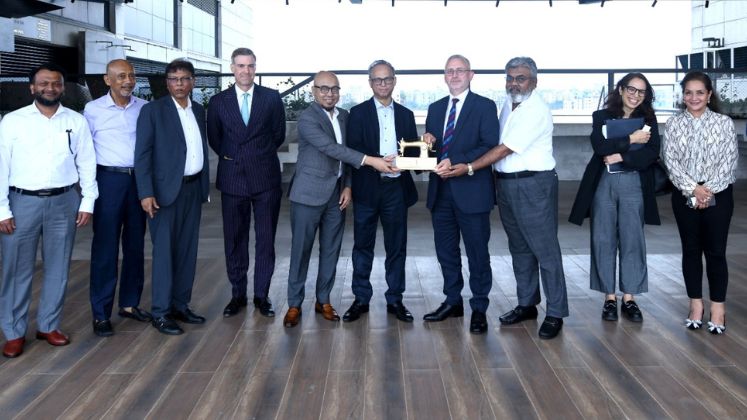
The European Union (EU) has emphasised the urgent need for Bangladesh to bring its labour laws in line with international standards, highlighting that stronger worker rights and compliance are critical.
A high-level EU delegation made the call during a meeting on 13th August with Mahmud Hasan Khan, President of the Bangladesh Garment Manufacturers and Exporters Association (BGMEA), and other association members at BGMEA’s Dhaka office.
According to a press release, the delegation stressed that reforming labour laws to comply with International Labour Organization (ILO) standards is a key expectation of the European Union.
Mahmud Hasan Khan said the welfare of workers remains BGMEA’s top priority and affirmed the association’s support for fair and legal worker demands. To address issues such as unpaid wages or other labour disputes efficiently, BGMEA has initiated the establishment of zone-based worker welfare centres in Gazipur, Ashulia, Mirpur, and Narayanganj.
Khan added that the board has held meetings with 81 worker federations since taking office to foster healthy industrial relations in the garment sector.
During the meeting, BGMEA requested the EU ambassador to consider relaxing the 37 percent threshold under the Generalised Scheme of Preferences Plus (GSP+) to ensure continued export flow to the EU market. BGMEA leaders noted that duty-free benefits not only support Bangladeshi entrepreneurs but also enable EU buyers to source garments at competitive prices, and they urged these advantages be reflected in buyers’ sourcing policies.
EU Ambassador to Bangladesh Michael Miller highlighted that as Bangladesh graduates from least developed country status, it will face full market competition. He stressed the importance of prioritizing infrastructure development, improving efficiency at Chattogram port, and enhancing capacity and skills across key sectors.






